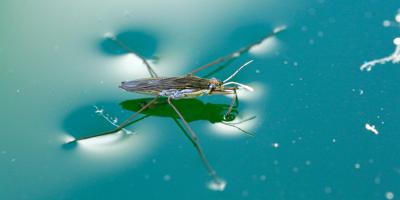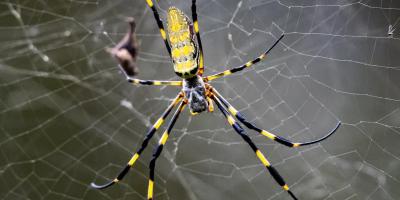Invasive Ants And How To Keep Them Out

Earlier this month, we wrote about the destructive power of certain insects like carpenter ants. As a follow-up, we thought it might be appropriate to elaborate on other species of invasive ants that you may find in New England. While the northeast portion of the U.S. might be free from the terror of Rasberry crazy ants, there are still numerous ant species that can make life difficult. Below, we’ve listed three of the most common types of ants you might find in New England:
European Fire Ant
Colloquially referred to as the “red ant,” the European fire ant is commonly found throughout the northeastern regions of New England. The ants are identified by their brownish-red carapace and prefer to colonize in areas with high humidity, like many parts of New England during the summer. The European fire ant is inherently aggressive, which makes them quite a daunting adversary during outdoor leisure and activities. This stinging species is considered a potential health and ecological risk to inhabitants of the United States.
The European fire ant will choose a location for its colony based on the humidity and warmth of the area. Often, they will nest around root systems of trees, inside decaying logs, or within outdoor stone walls. Regularly watering your lawn during summer months can create an ideal habitat for European fire ants.
Once you’ve located the red ant colony, your next step is to identify and seal any points of entry to your home. Bait traps are recommended for outdoor use, but do not use baits designed for outdoor use in interior settings, since they will attract more ants into your home. Individual mound treatments can be applied to outdoor mounds, but professional services may be required for larger problems.
Odorous House Ant
Despite their common name, the odorous house ant can live both indoors and outdoors. They prefer to nest under sinks or inside insulation. They seem to have an insatiable sweet-tooth and will hastily scavenge for unguarded sweets left in the kitchen, but have also been known to feed on other insects and spiders. Odorous house ants look similar to other ordinary ants, but they can easily be identified by the scent they make when smashed, which smells similar to blue cheese or coconut.
This species of ant forms extensive, multi-queened super-colonies and will relocate their nests about every three months in response to climate and rainfall. When odorous house ants are threatened, they will erratically scatter about, spraying their pungent odor from tiny sacs in their abdomen. Odorous house ants become prevalent during warmer seasons.
To help keep these ants out of your home, reduce the amount of leaf-litter left on your lawn, and store firewood as far from the house as possible. Thoroughly clean food crumbs and kitchen messes to avoid attracting scavengers. For outdoor problems, many insecticidal baits are designed specifically for ants that prefer sweeter food sources. Ants will take the slow-killing baits back to their colonies to share with fellow workers, gradually killing off whole colonies.
Pavement Ants
Pavement ants are named after their penchant for building nests under pavement, driveways, walkways, and sidewalks. They will also construct colonies under decks, patios, and concrete foundations of buildings. Scholars posit that the pavement ant was introduced to the United States by merchant vessels during the 1700s, and is now one of the most common house-invading species of ant in New England.
Pavement ants will feed on nearly any food source they can find, but will happily accept fruit, nectar, sugar, or any other form of sweet sustenance. The pavement ant is black to dark brown in color, and has a double-noded petiole, which connects its thorax to the abdomen. Their colonies tend to be found near water, and have only one queen.
Using a silicone sealant to seal cracks and entry points to your home is recommended for prevention. Since pavement ants need a water source, it may help to locate any broken pipes or drains and address any water leakage that may be attracting the ants.
Need help getting invaders out? The experienced professionals at JP Pest Services can rid your home of all species of ants quickly and completely! Contact JP Pest Services to request a free residential estimate today!



